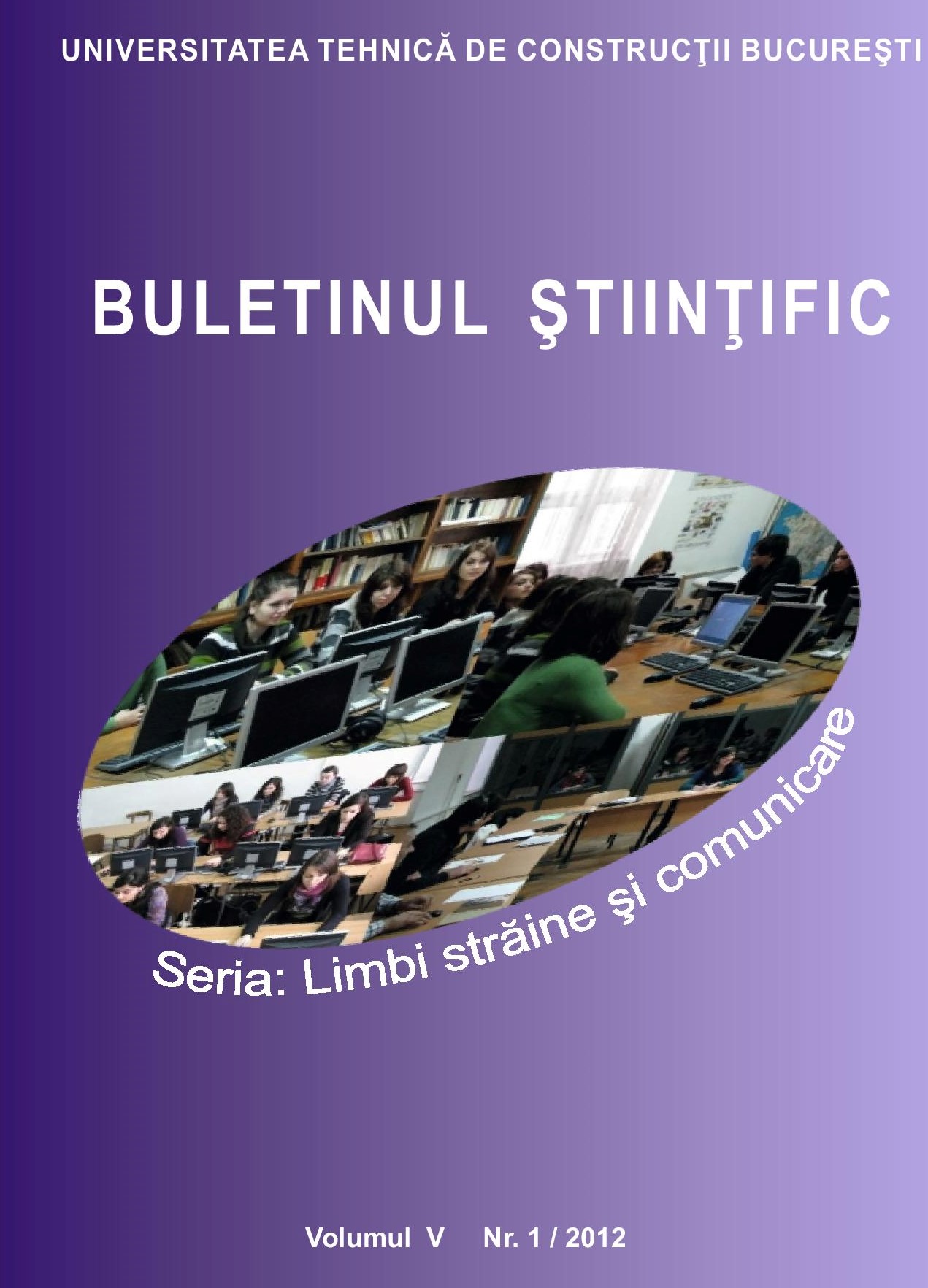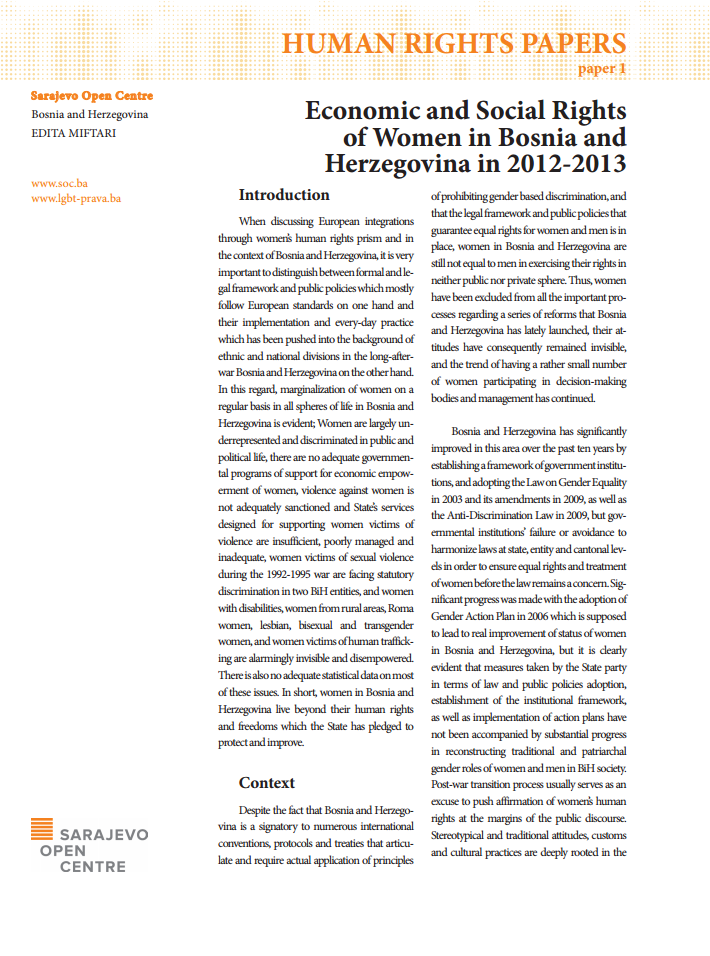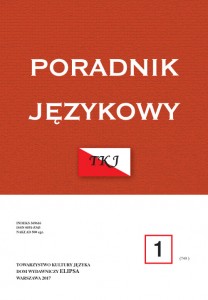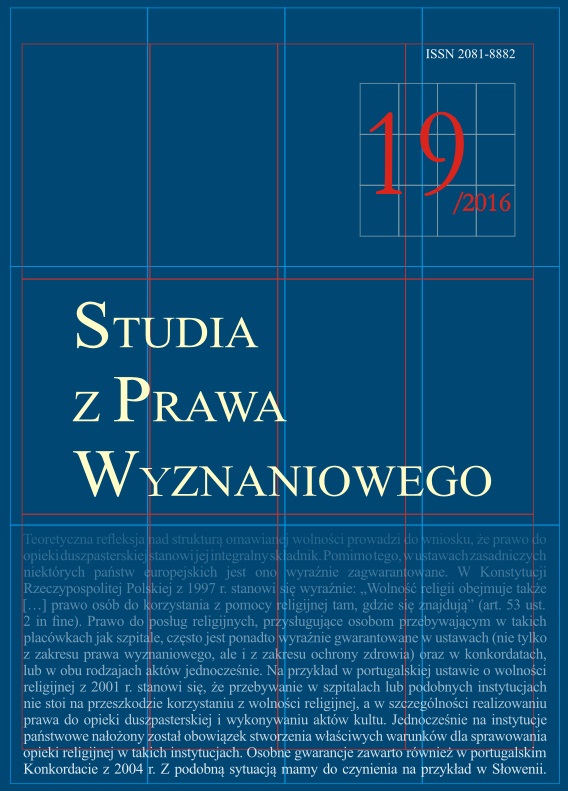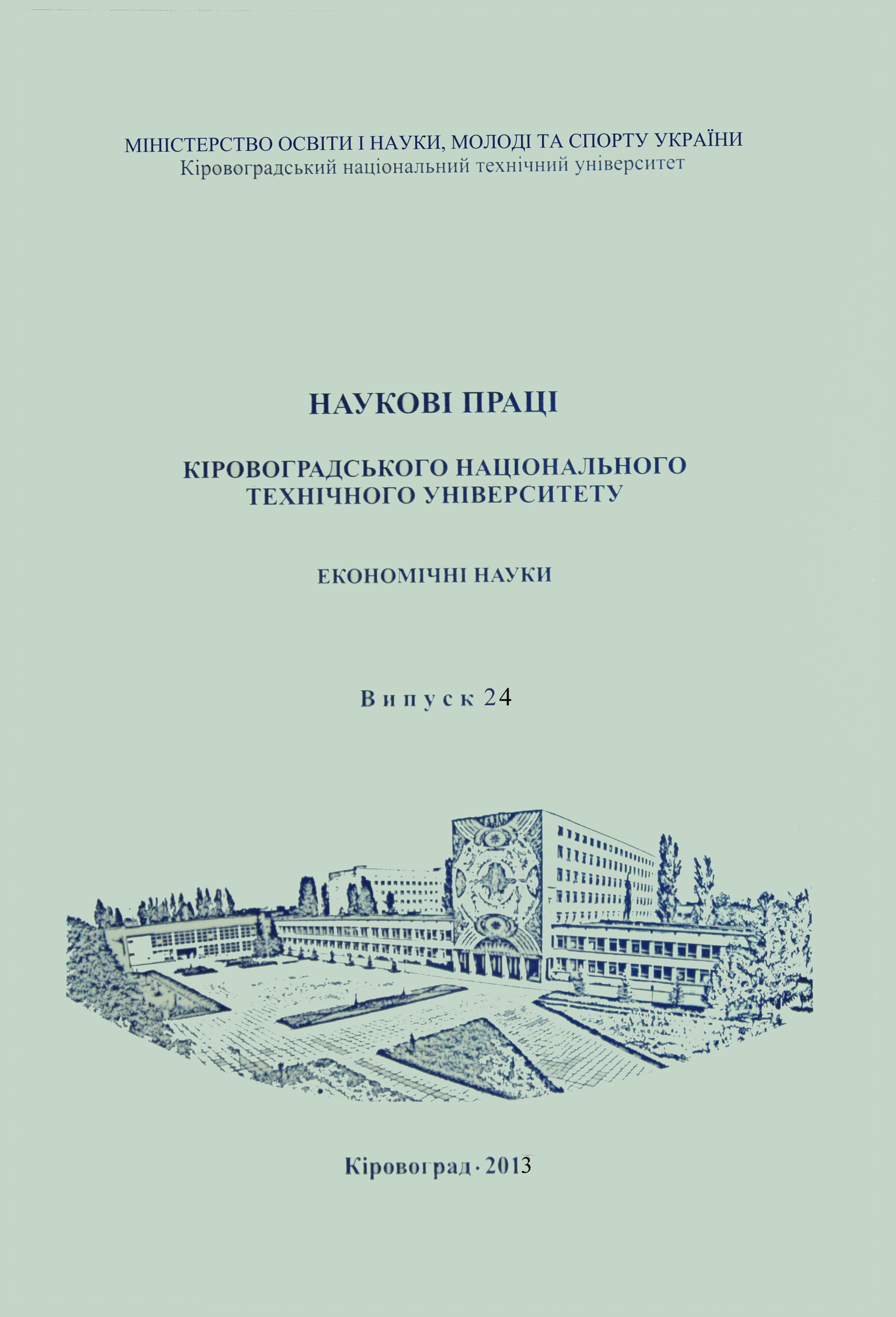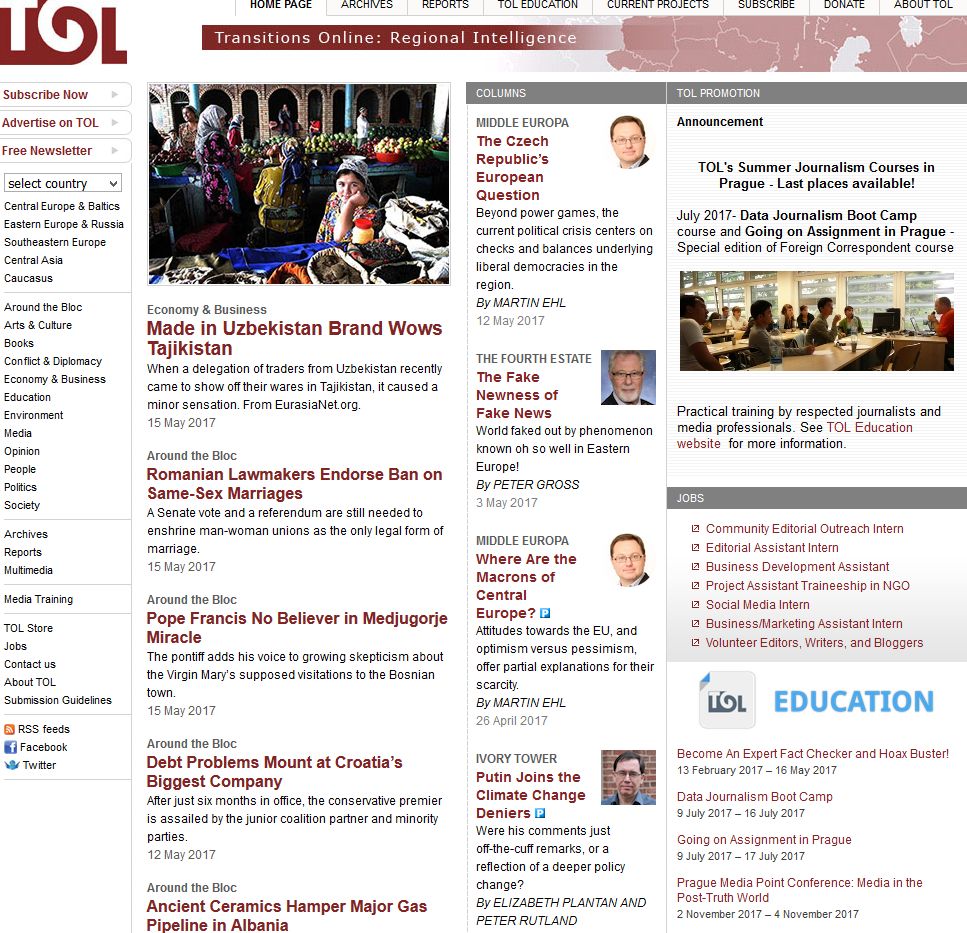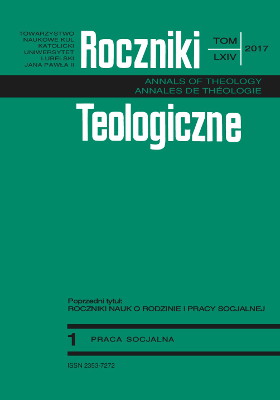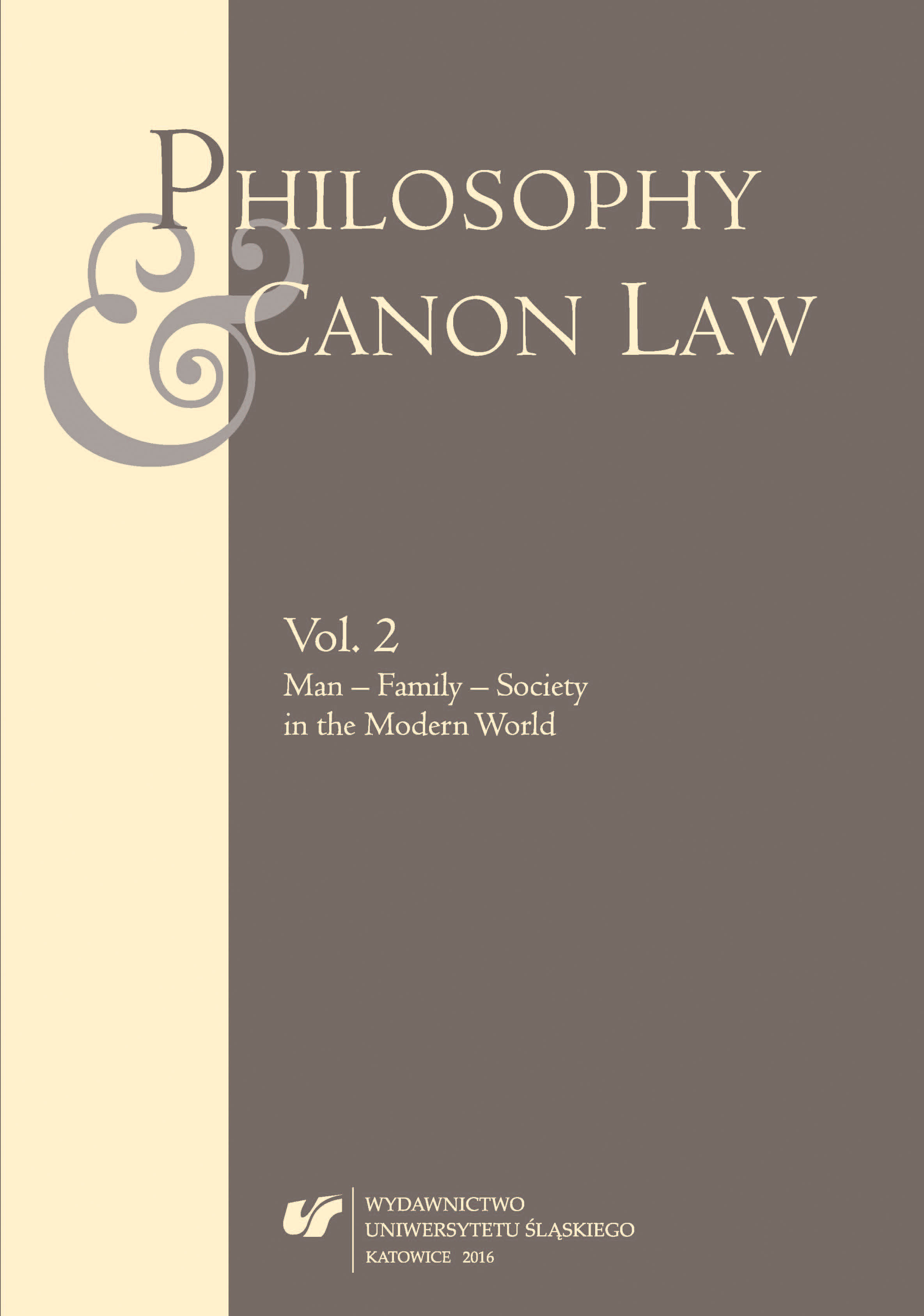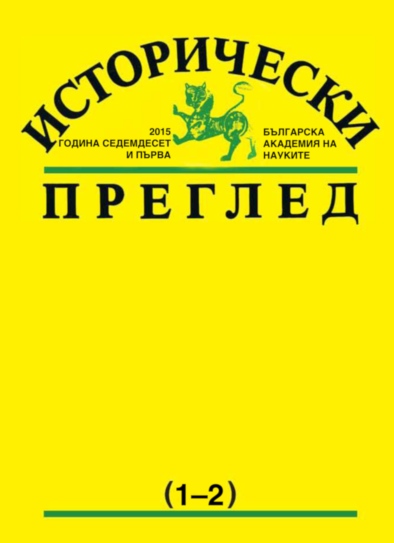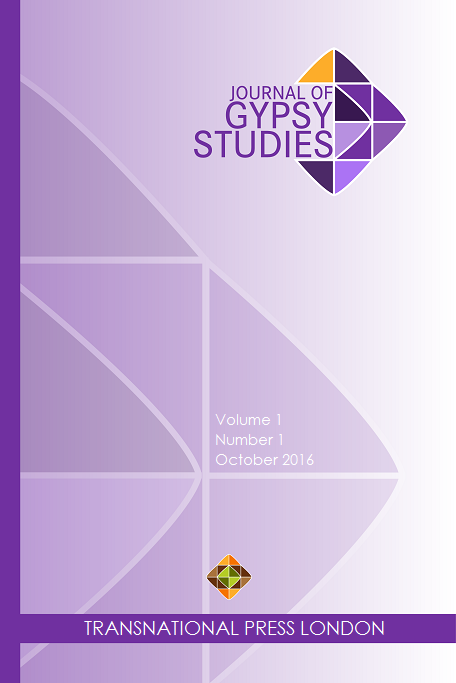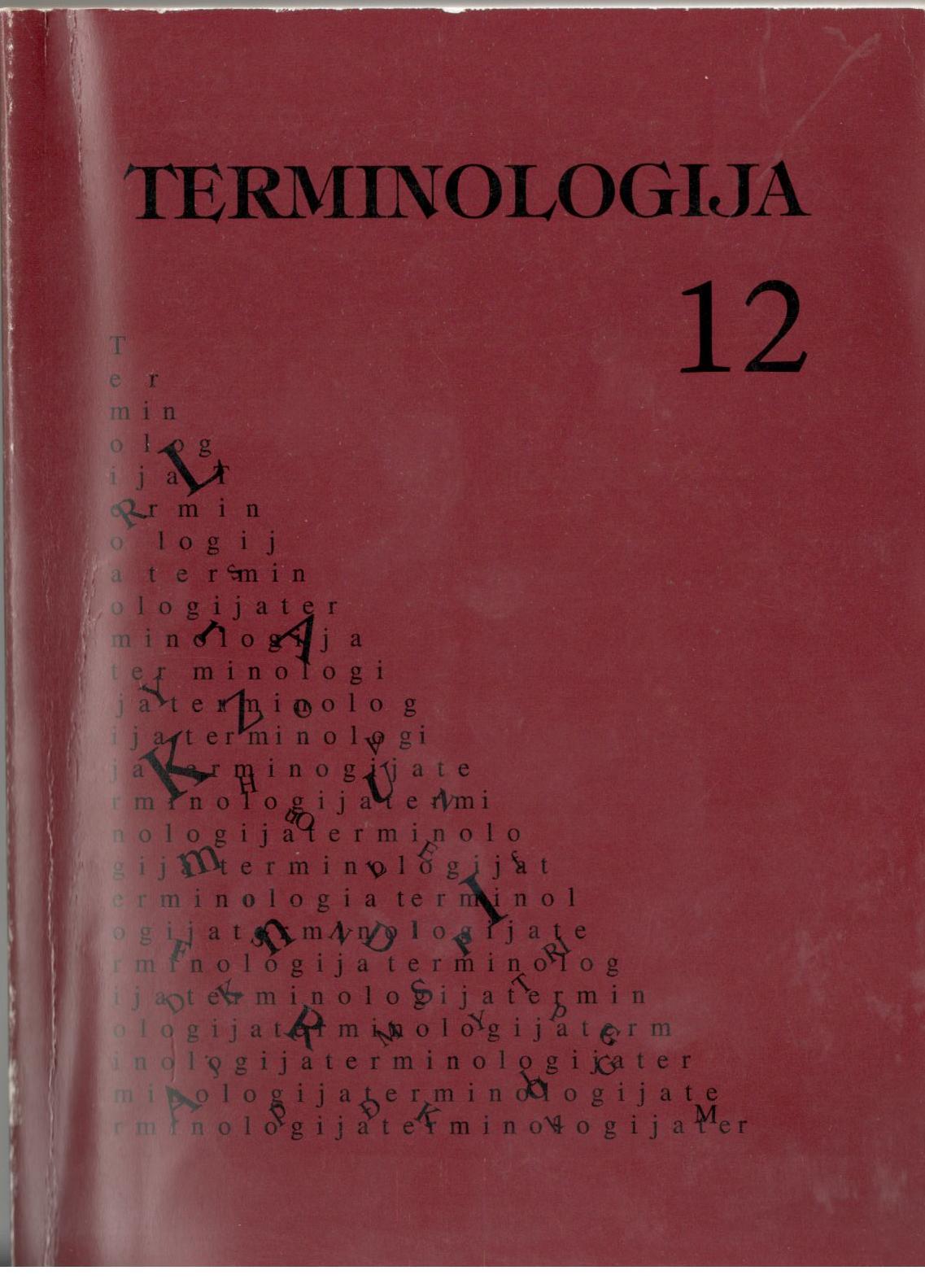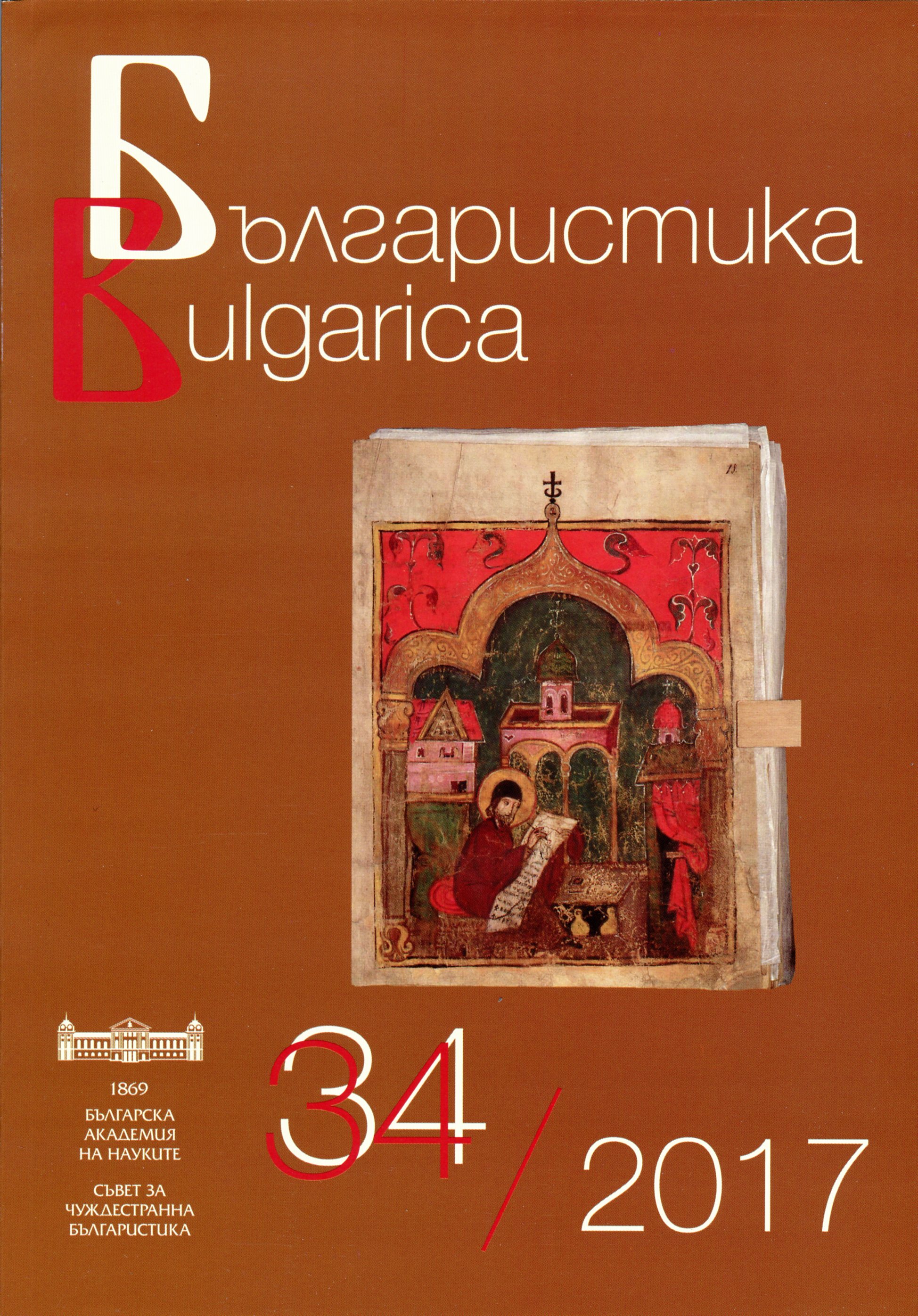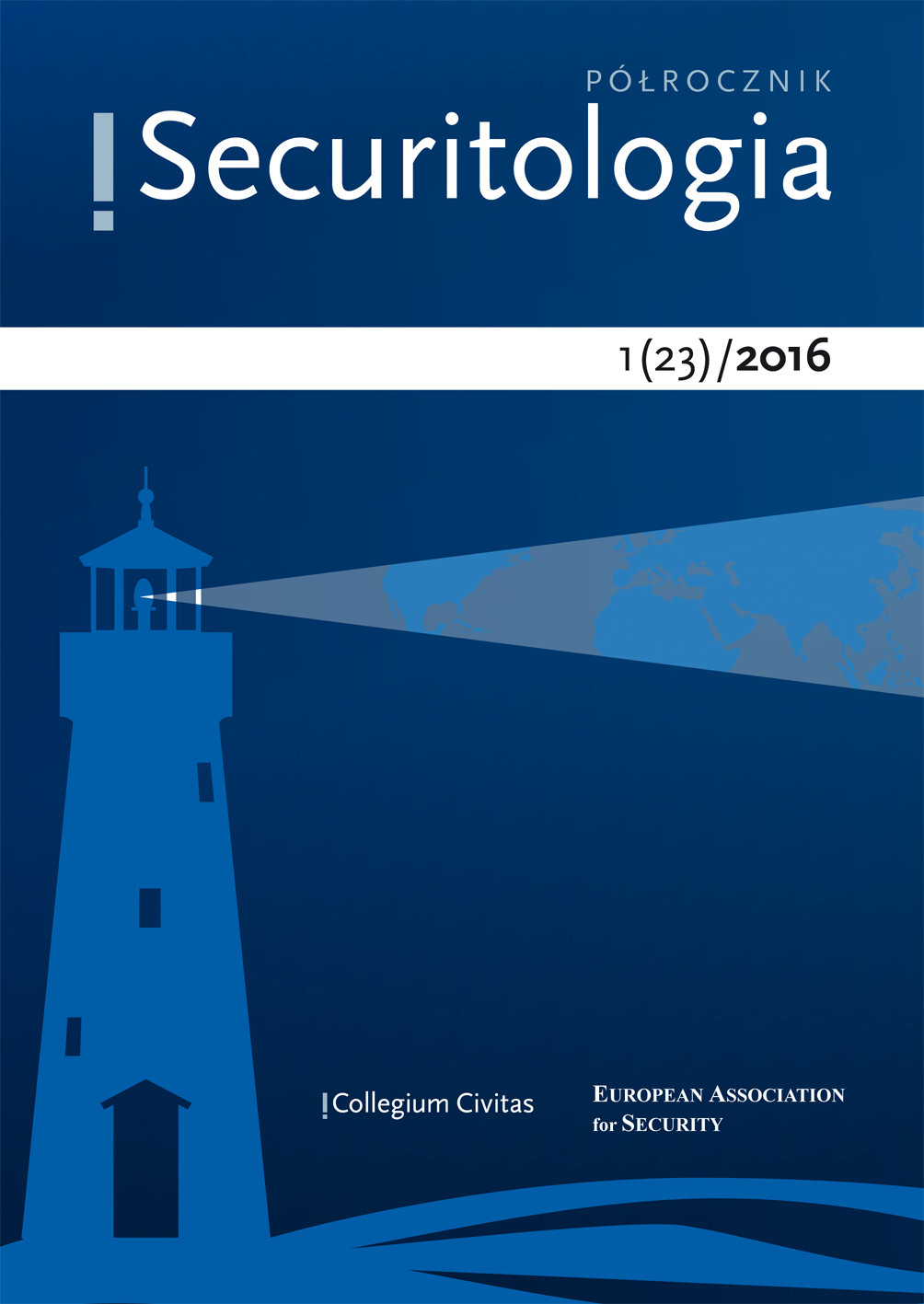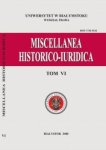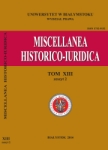Reconstruction of Contents by Raported To The Idea of Didactic Transposition
In order to contextualize the theme discussed in this article is presented briefly the historical development of educational sciences from the Didactica Magna to Postmodern Didactic, then localized reconstruction of contents in Didactics of specialty between discursive strategy and argumentative performance. Reconstruction of contents by reported to the idea of didactic transposition, the main theme of discussion of this article, is analyzed in relation with didactic speech, which has the role to put into practice in the classroom the idea of didactic transposition. Didactic speech, mediated by computer, is a current reality at the present time, as generalization in the educational process. Reconstruction of contents is placed on the axiomatic background of curriculum paradigms because changing paradigm has the effect of change the architecture of didactic speech to present in classroom the scientific contents reconstructed by didactic transposition. Finally, some conclusions are presented.
More...
